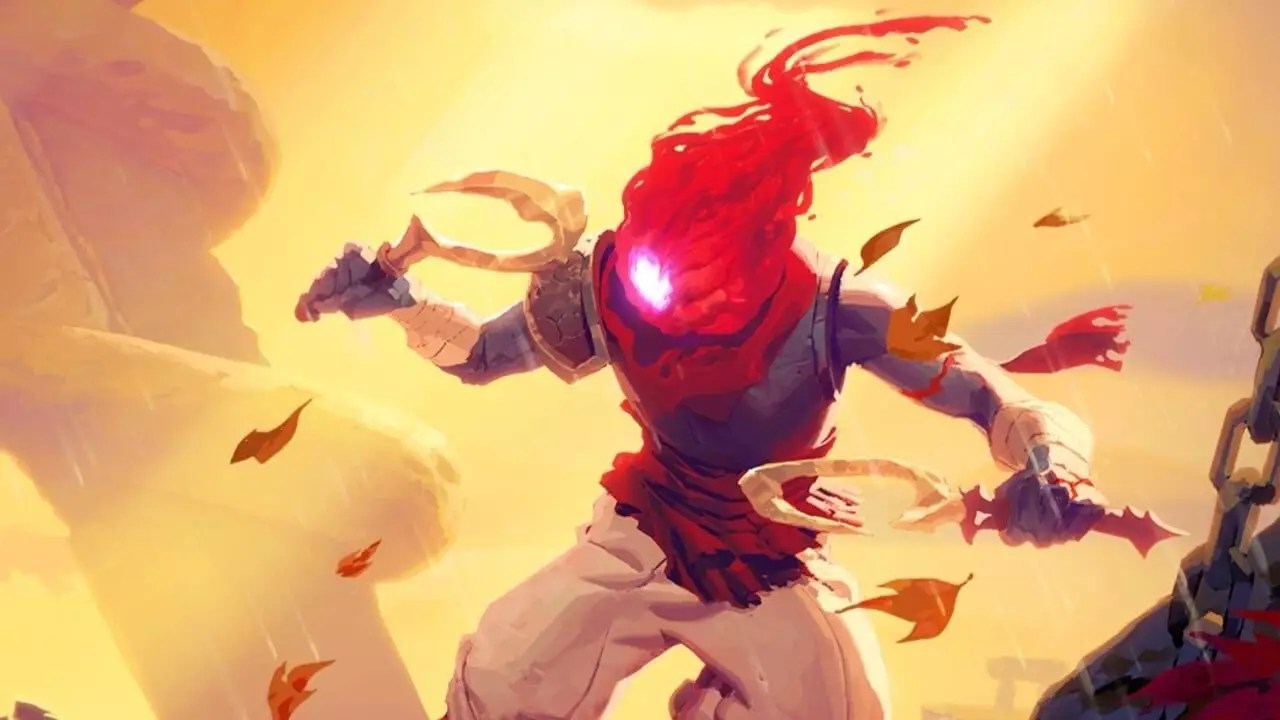Sébastien Bénard, the former lead designer on Dead Cells, recently expressed his discontent with Motion Twin and Evil Empire’s decision to halt creative work on the popular indie roguelike. His initial response, which he later labeled as “impulsive,” drew attention to the perceived mistreatment of the game by its developers. Bénard’s impassioned statement on the official Dead Cells Discord server reflected his deep emotional connection to the project and the frustrations he harbored.
Despite his 19-year association with Motion Twin, Bénard revealed his longstanding dissatisfaction with the company’s development strategies. He criticized their tendency to ignore their web-era player base, only recognizing their success with Dead Cells. Bénard’s disillusionment with the cycle of development at Motion Twin had been brewing for some time, culminating in his vocal critique of their decisions regarding Dead Cells.
Bénard shed light on the changes that had taken place within Motion Twin since the launch of Dead Cells. He noted that the original team members were no longer prevalent, with only a handful remaining from the core group. This shift in team dynamics raised concerns for Bénard, as he questioned the authenticity of the Dead Cells team within Motion Twin. He credited Evil Empire for their dedication to the franchise, acknowledging their role in sustaining the game’s success.
While acknowledging Motion Twin’s role in the initial success of Dead Cells, Bénard highlighted Evil Empire’s significant contribution to the game’s continued growth. He noted the disparity in recognition between the two entities, with Evil Empire gradually overshadowing Motion Twin in the eyes of the public. Despite this shift, Bénard expressed skepticism towards Motion Twin’s decision to abruptly end creative work on Dead Cells in favor of promoting their upcoming game, Windblown.
In dissecting Motion Twin’s strategy, Bénard conceded an understanding of their marketing motives. He recognized the logic behind discontinuing Dead Cells to make room for Windblown but criticized the one-way nature of this approach. Bénard lamented the fallout that such a decision would have on loyal players and Evil Empire employees, highlighting the human cost of Motion Twin’s marketing tactics. He expressed disappointment in the company’s recurring pattern of neglecting those impacted by their strategic decisions.
As Dead Cells enters a new phase with the cessation of creative work, Bénard’s critique serves as a reminder of the complexities that underlie game development. While Evil Empire moves forward with their new project, Motion Twin faces scrutiny for their handling of Dead Cells’ conclusion. The legacy of the game and the relationships forged during its development are now subject to reflection and reinterpretation as the industry evolves.
Sébastien Bénard’s critique of Motion Twin and Evil Empire’s decision to end creative work on Dead Cells sheds light on the intricacies of game development and the personal stakes involved. His insights into the dynamics within the development team and the industry’s shifting landscape serve as a poignant reminder of the human element behind every game. As Dead Cells transitions into a new chapter, Bénard’s critique prompts a deeper examination of the challenges and triumphs inherent in the world of indie game development.


Leave a Reply